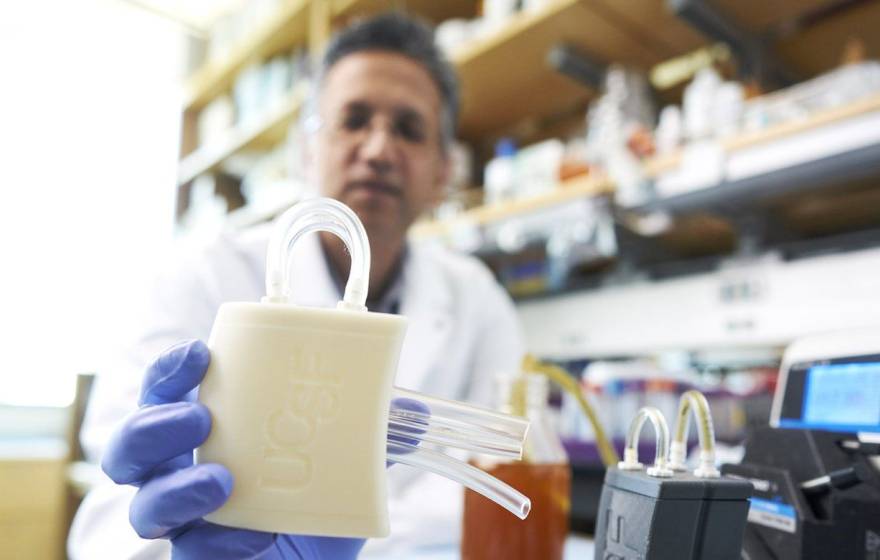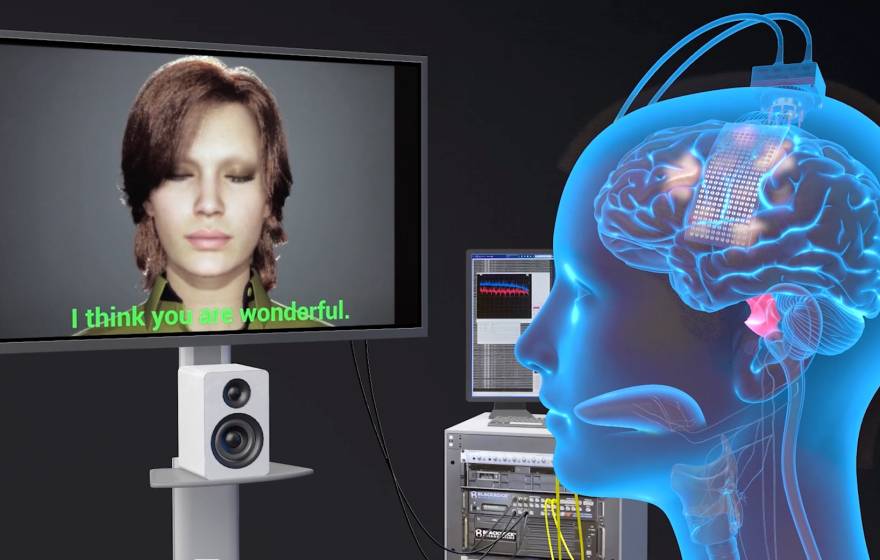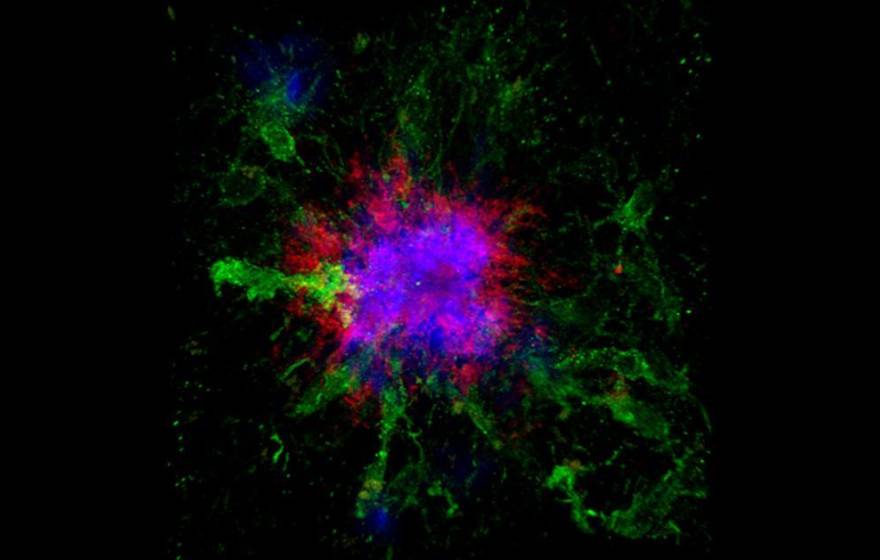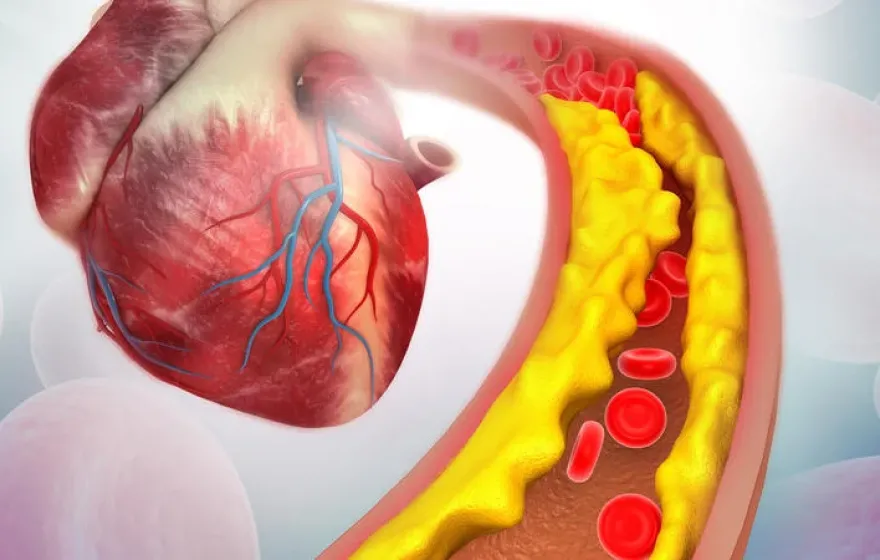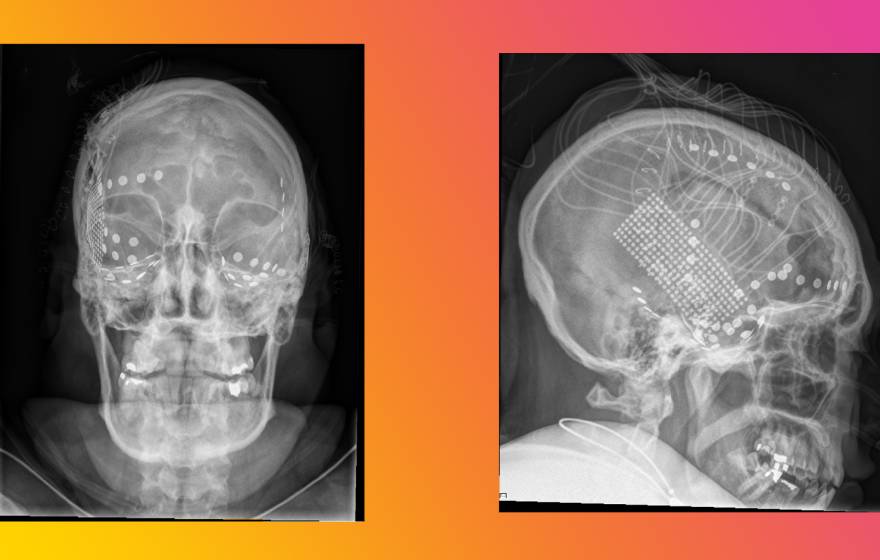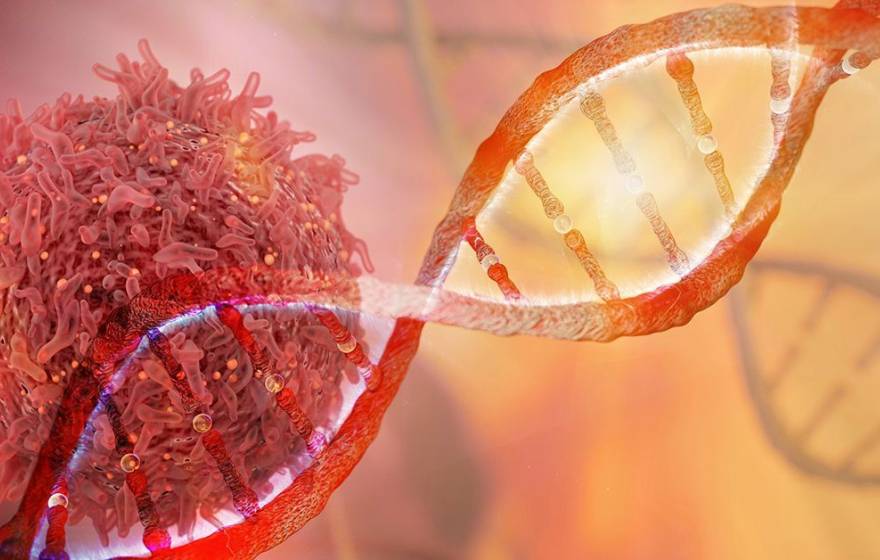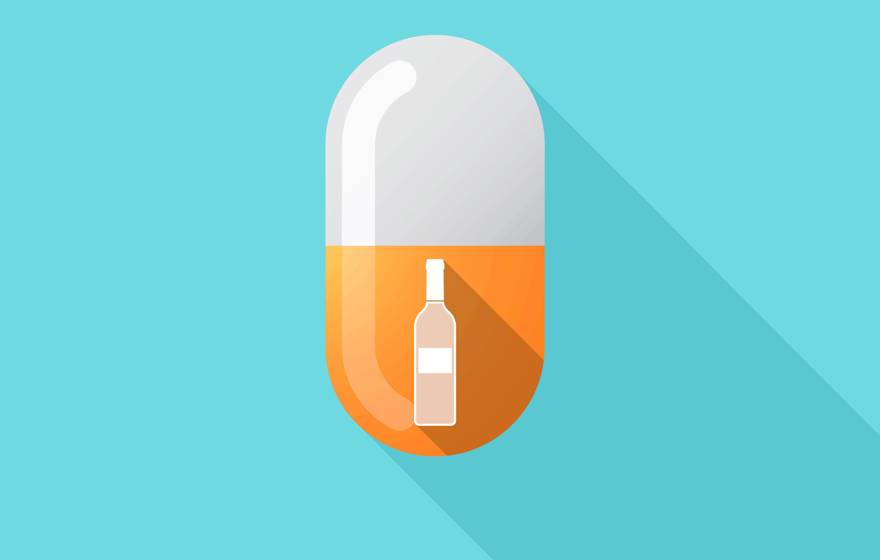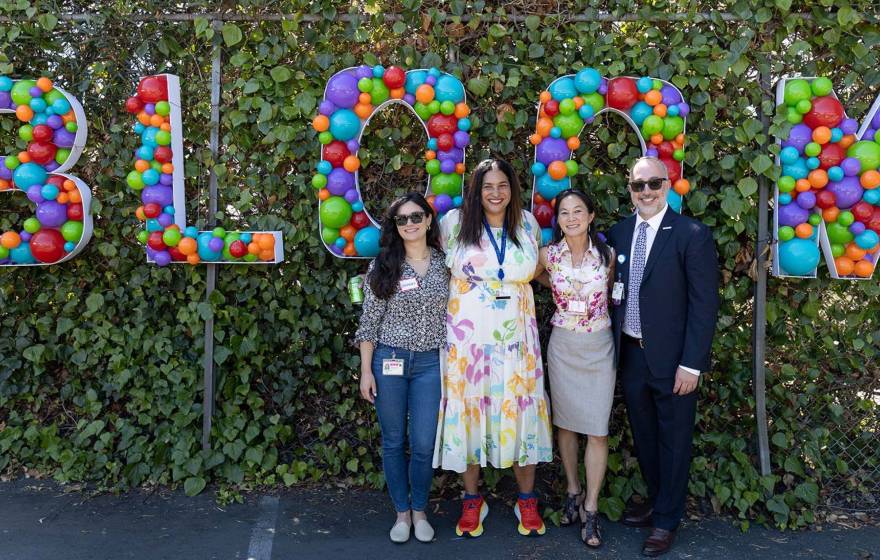UC San Francisco |
Can an artificial kidney finally free patients from dialysis?
The Kidney Project proves its bioreactor can keep kidney cells alive for at least one week.
UC San Francisco |
How artificial intelligence gave a paralyzed woman her voice back
A breakthrough brain implant and digital avatar allow a stroke survivor to speak with facial expressions for first time in 18 years.
UC San Diego |
Intermittent fasting improves Alzheimer’s pathology
Mice on a time-restricted feeding schedule had better memory and less accumulation of amyloid proteins in the brain compared to controls.
UC Riverside |
Could exposure to chemicals in plastics predispose you and your children to cardiovascular disease?
A $6.8M NIEHS grant will support research on how exposure to such chemicals increases atherosclerosis.
UC Berkeley |
Brain recordings capture musicality of speech — with help from Pink Floyd
Neuroscientists decode song from brain recordings, revealing areas dealing with rhythm and vocals
UC San Francisco |
New concussion headset shows when it’s safe to return to play
UC San Francisco-patented device finds resuming sports should be delayed for several days after symptoms have resolved.
UC Santa Barbara |
Dogs can detect COVID-19 infections faster and more accurately than conventional technology
Research demonstrates readiness for mainstream medical applications
UCSF |
Which skin care products do we really need?
Skin care is big business — just ask the multibillion-dollar beauty industry. But does it truly take a cabinet full of pricey products to keep our skin healthy?
UC San Diego |
Researchers engineer bacteria that can detect tumor DNA
Their innovation could pave the way to new biosensors capable of identifying various infections, cancers, including colon cancer, and other diseases.
UC Irvine |
How a simple fragrance method can produce a major memory boost
UC Irvine research into aromas while sleeping sparks a 226 percent cognitive increase.
UC San Francisco |
Looking to cut back on wine and beer? This pill might help
How a nearly 40-year-old medication for alcohol use disorder could help thousands curb their drinking without daily medication.
UCSF |
New Black baby equity clinic helps infants and moms flourish
UCSF Benioff Oakland launches newborn services to improve health with culturally responsive care.
